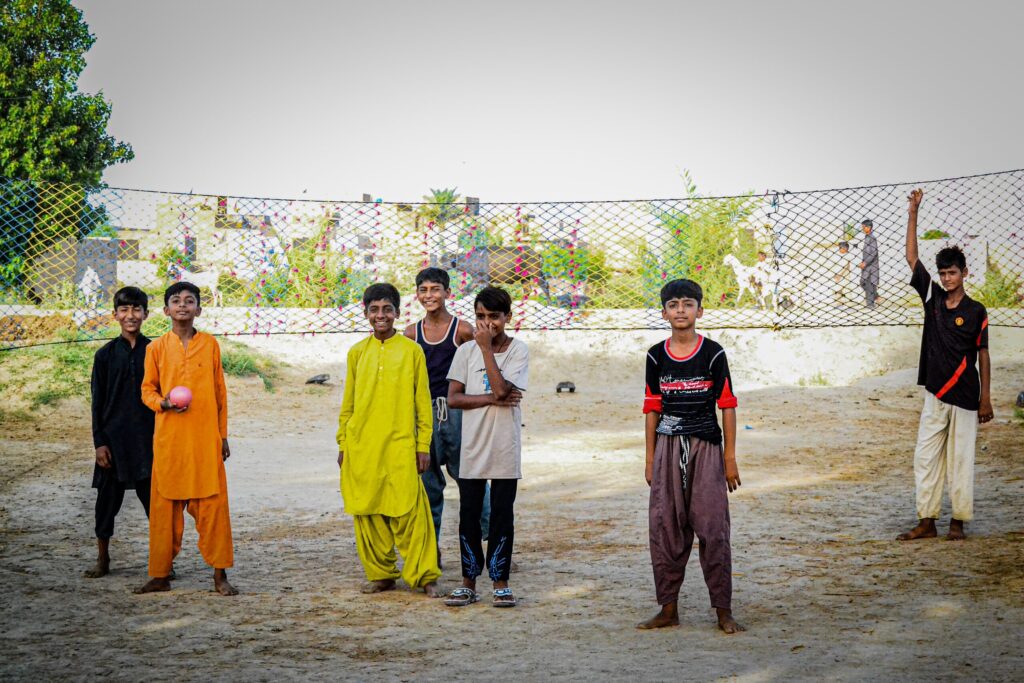Introduction
In rural areas, access to quality healthcare is often a significant challenge. Limited infrastructure, a shortage of medical professionals, and inadequate resources hinder the ability to provide essential health services. Improving healthcare in these regions is crucial for the well-being and development of the community.
Addressing Basic Needs

Ensuring access to basic medical care is a fundamental step. Many villagers travel long distances to seek treatment, which delays care and worsens health outcomes. Establishing local clinics equipped with essential medical supplies and staffed by trained healthcare workers can significantly improve access to immediate care.
Enhancing Health Facilities

Investing in the construction and renovation of healthcare facilities is vital. Modern clinics with up-to-date equipment and dedicated spaces for maternal and child health, emergency services, and general consultations can greatly enhance the quality of care. Additionally, mobile health units can reach remote areas, providing services to those unable to travel.
Training and Retaining Medical Staff

One of the main issues in rural healthcare is the shortage of skilled professionals. Offering incentives such as higher salaries, housing, and professional development opportunities can attract and retain doctors, nurses, and technicians. Additionally, training local community health workers can ensure basic healthcare services are always available.
Promoting Preventive Health Measures
Preventive healthcare is key to reducing the burden on healthcare facilities. Initiatives such as vaccination drives, health education programs, and regular health camps can prevent common diseases and promote healthier lifestyles. Educating the community about hygiene, nutrition, and disease prevention empowers individuals to take charge of their health.
Leveraging Technology
Technology can bridge the gap between rural and urban healthcare services. Telemedicine enables remote consultations with specialists, reducing the need for travel. Implementing electronic health records improves the efficiency and continuity of care, ensuring patients receive consistent and accurate treatment.
Community Engagement

Engaging the local community in healthcare initiatives fosters a sense of ownership and responsibility. Forming health committees and involving villagers in decision-making processes can lead to more effective and sustainable health programs. Community support is crucial for the success of vaccination campaigns, sanitation projects, and health education.
Conclusion
Improving healthcare in rural areas requires a comprehensive approach that addresses infrastructure, human resources, preventive measures, and community engagement. By focusing on these areas, we can build a robust healthcare system that ensures every individual has access to the care they need. A healthier community is a stronger, more prosperous community.

